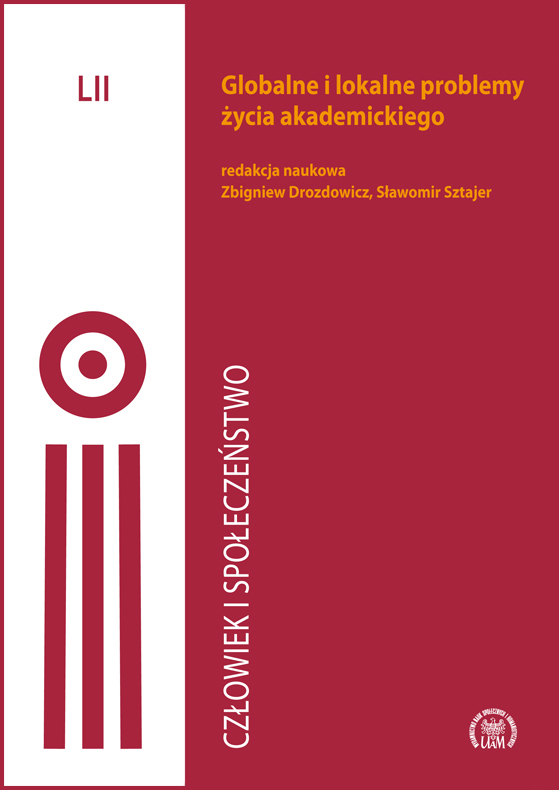Home » Posts tagged 'Phaedo'
Tag Archives: Phaedo
Plato, Moses Mendelssohn, Jakub Tugendhold and Plato’s “Phaedo”

A paper on a metamorphosis of Plato’s Phaedo, from its original form through Moses Mendelssohn’s (1729-1786) Phädon to its Polish translation by Jakub Tugendhold (1794-1871), was published in a journal of Adam Mickiewicz University in Poznań, “Człowiek i Społeczeństwo”.
Tomasz Mróz in his paper discusses M. Mendelssohn’s work Phaedo and its Polish translation which was published in 1829 by J. Tugendhold. Although this book did not exert impact on Polish philosophy, Tugendhold, the translator, aimed to use Mendelssohn’s biography and his Phaedo as an instructive example for those representatives of Jewish community who wanted to free themselves from isolation and undergo social and economic, though not religious, assimilation into their Polish and Christian surrounding.
A brief comparison of Plato’s and Mendelssohn’s Phaedos was included in this paper. Polish translator’s aims were also discussed, for his target audience was Jewish community in Polish society. Tugendhold was the adherent of haskalah and he spared no effort to improve the existence of his compatriots and to inspire them to join in modern societies without losing their religious autonomy.
Philosophical content of the Phaedo, the arguments on the immortality of the soul, in both versions, Plato’s and Mendelssohn’s, reinforced Tugendhold’s views, as they were the example of the fact that Judaism and Christianity, not to mention Plato, are ultimately based on the same belief, on the immortality of the soul.
Full paper, in Polish, can be downloaded from the journal’s website.
Platonic Concept of Reincarnation in Polish Philosophy

The latest issue of “Studia z Historii Filozofii” (Studies in the History of Philosophy, vol. 12, iss. 1) includes a paper by Adrian Habura on an episode in Polish reception of Plato’s theory of reincarnation or transmigration of souls.
Habura aims to present Stanisław Lisieckiʼs interpretation and assessment of Plato’s concept of metempsychosis, and then position his work against the background of diverse results of W. Lutosławski and P. Siwek. Lisieckiʼs reflection on Plato, and especially on his theory of reincarnation, proves that he was an unfairly forgotten scholar, who had had knowledge, capabilities and diligence sufficient to grant him a well-deserved place in Polish historiography and reception of Greek philosophy. Due to an unfortunate set of circumstances, including Lisiecki’s abandonment of Catholic clergy and his uncertainty of the value of his own work, he worked on margins of Polish academic life in the interwar period. Yet, as far as it was possible, he attempted to reconcile Platonism and Christian thought and find consolation in a perspective of future incarnations.
Full paper, in Polish, can be downloaded from the journal’s website here.
Stanisław Lisiecki as a Forgotten Christian Platonist

Philosophical quaterly journal “Kronos” has a regular section titled “Archive of Polish Philosophy”. The latest issue (2/2020, vol. 53) includes a paper by Adrian Habura on S. Lisiecki (1872-1960) who devoted twenty years of his life to Plato, studying and translating his dialogues. Habura’s paper in Polish is titled Stanisław Lisiecki – zapomniany chrześcijanin-platonik and he argues that Lisiecki was a forgotten Christian Platonist.
In one of his studies Lisiecki researched Plato’s concept of reincarnation and pre-existence of souls. He critically examined Plato’s arguments and their conformity with Christianity. Eventually he adhered to Plato’s views and tried to combine them with the New Testament, for despite his leaving the Catholic clergy he remained a Christian thinker.
Table of contents of the journal is here.

Recent commentaries